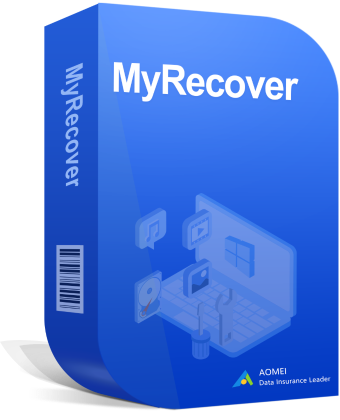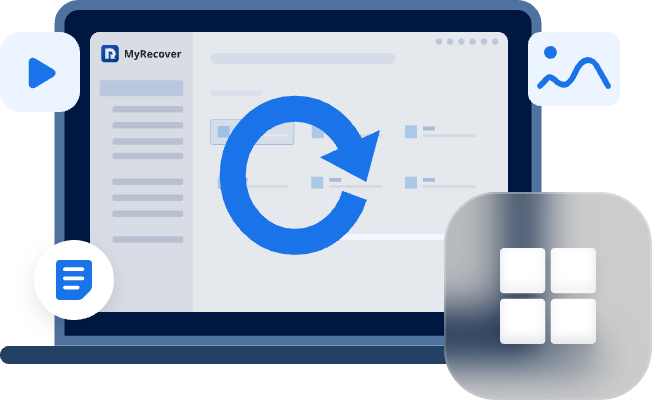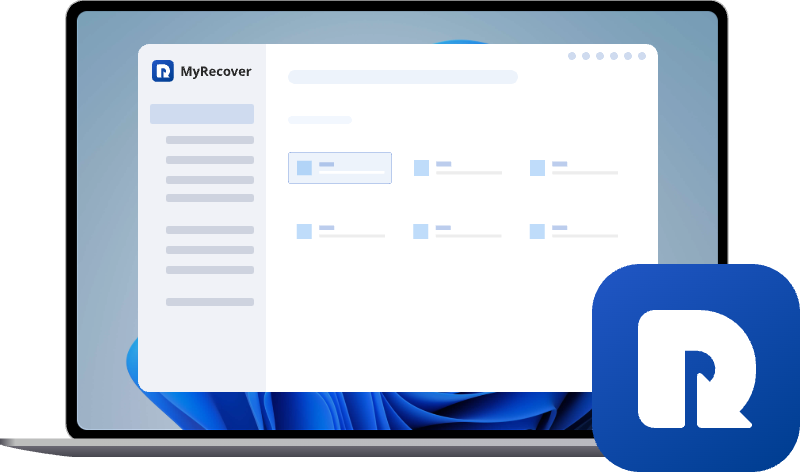Recover Deleted Downloads Chrome on Windows & Android: Foolproof Methods Unveiled
When you accidentally remove or delete Google Chrome downloads, you might feel panicked. But don't worry—this guide will explore several methods to recover deleted downloads from Chrome on Windows and Android.
Is it Possible to Undo the Deleted Downloads?
Google Chrome, a widely-used web browser developed by Google, is renowned for its speed, user-friendly interface, and cross-platform compatibility. It allows users to download files effortlessly, but accidental deletions of these downloads can occur. Chances are you've found yourself in this situation, and are looking for some methods to recover these deleted downloads in Chrome.
But is it actually possible to undo deleted downloads? In many cases—yes. While Chrome itself doesn’t have a native "undo delete" button, a combination of browser history, backup systems, and recovery tools can help you get them back on Windows & Android devices, ensuring you don't lose important files permanently.
How to Recover Deleted Downloads from Chrome on Windows
If you’ve lost files downloaded via Chrome on your Windows PC, don't panic. This section will provide several ways to recover deleted downloads on Google Chrome—whether it was an important document, media file, or installer.
Solution 1. Restore from the Recycle Bin
In fact, the download files in Google Chrome are stored in the Windows "Downloads" folder. When they are deleted, they don't disappear immediately but are moved to the Windows Recycle Bin (except for files that have been permanently deleted). You can restore the downloads in Windows Recycle Bin.
Step 1. Double click the Recycle Bin icon to open it.
Step 2. Browse through and select the downloads file.
Step 3. Right click on it and select "Restore" to recover it to its original location.
Solution 2. Check the Download Folder
As mentioned earlier, files downloaded from Chrome typically go to the "Downloads" folder unless specified otherwise. Sometimes you might think you've deleted a downloaded file mistakenly, when in fact is still stored in the "Downloads" folder. You can filter and search for the file in this folder to check if it's still there.
Step 1. Open File Explorer by pressing "Win + E".
Step 2. Locate the "Downloads" folder, type the name of the deleted file to filter in the " Downloads" folder.
If it still in the folder, you can access it easily.
Solution 3. Use Chrome Downloads History
Chrome's download history records all files downloaded via Chrome. When you delete a downloaded file from Chrome, the download path still remains in the history. Therefore, you can follow this path to redownload the files you want.
Step 1. Launch Chrome on your computer.
Step 2. Click the Vertical Dots Menu > "Downloads".
Step 3. Browse through the deleted downloads you wish to recover, click on it. Chrome will automatically start the redownload process.
Solution 4. Restore from Google Drive Trash
If you use Google Drive for backups or have Chrome set to sync with Google Drive, your files may be back up to the Google Drive. You can restore the deleted downloads from the Trash in Google Drive.
Step 1. Sign in to the Google Drive with your account.
Step 2. Select the "Trash" section, browse and select the deleted files you wish to recover.
Step 3. Click "Restore" to recover it to its original location.
Solution 5. Recover from Third-Party Tool—MyRecover
If you have permanently deleted the downloaded file, cleared Chrome's history, and have no backups, third-party software like MyRecover can rescue the deleted downloads from Chrome on Windows.

- Versatile Recovery Options: Supports recovery of photos, videos, documents, archives, and over 1000 file formats.
- Deep Scan Capability: Performs thorough scans to locate lost data even after formatting or partition loss.
- Partition Recovery: Can detect and recover data from lost or deleted partitions.
- Pause and Resume Scans: Allows users to pause recovery scans and resume later without losing progress.
It can scan your hard drive or specific folder for deleted or lost files and give you a chance to restore them. It can easily recover files without any backups. MyRecover adopts a user graphical interface, allowing users to complete data recovery by clicking icons, even for computer novices. Follow these 4 steps to recover deleted downloads from Chrome on Windows:
Step 1. Download and install MyRecover on your computer from secure channel.
Step 2. Select the "Download" folder to scan for lost files and click "Scan".
Step 3. Choose the files you wish to recover from the recoverable lists and click "Recover".
Step 4. Select a safe location (not the "Downloads" folder) to save the recovered files.
Once the process is finished, you can click the destination path to check the recovered files.
How to Recover Deleted Chrome Downloads on Android
The process of recovering deleted Chrome downloads on Android is generally similar to that on Windows. Similarly, you can start by checking the Android "Download" folder or the downloads history on Chrome, much like the methods used for Windows. If you have accidentally cleared all Chrome browsing history or download history on your Android phone, you can still try these methods to retrieve the history and recover the deleted downloads from Chrome.
Restore from My Google Activity
Since Chrome is a Google product, activities on this platform are also logged in My Google Activity. If you downloaded the file via a search or web visit, you may be able to retrace the steps using your Google Activity.
Step 1. Open Google Chrome on your android phone and sign in with your Google account, then click "Manage your Google Account".
Step 2. Click "My Activity" at the bottom of the screen.
Step 3. You can browse through the history or search your activity. When you find the deleted downloads path, you can retry it to redownload the file.
Recover from Search History
Chrome for Android keeps a list of downloaded files, which might help you re-download or identify missing content. When you've only deleted the downloaded files and download history, you can still retrieve the deleted downloads through search records.
Step 1. Open the Chrome app on your phone with your Google account.
Step 2. On the main dashboard, click Tap the three-dot menu at the lower-right corner of your screen and click "History" to check your search history.
Step 3. Select the history record you want to redownload files from and download your desired file.
Conclusion
While Chrome itself doesn't offer a "Recover Deleted Downloads" button, there are several reliable ways to recover deleted downloads chrome—both on Windows and Android. Trying these effective methods, your lost files may still be within reach.
If you’re looking to recover deleted downloads Chrome, act quickly to improve your chances. And for the future, consider professional data recovery software like MyRecover to guard your data secure. MyRecover also offers the Professional and a Technician Editions to meet users' more advanced needs. These editions allow recovering files from crashed Windows systems and provide a feature to preview file contents before recovery.


